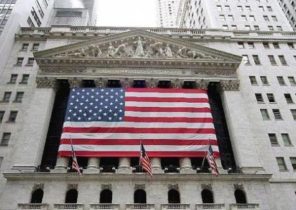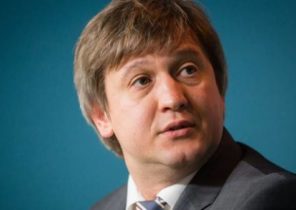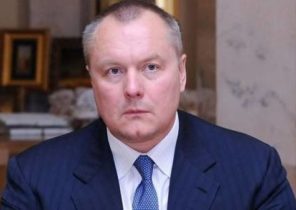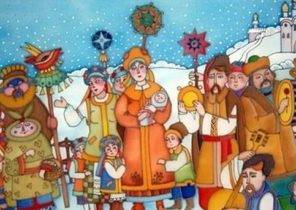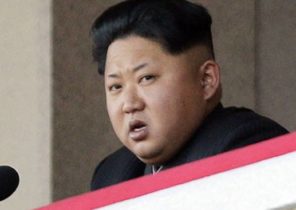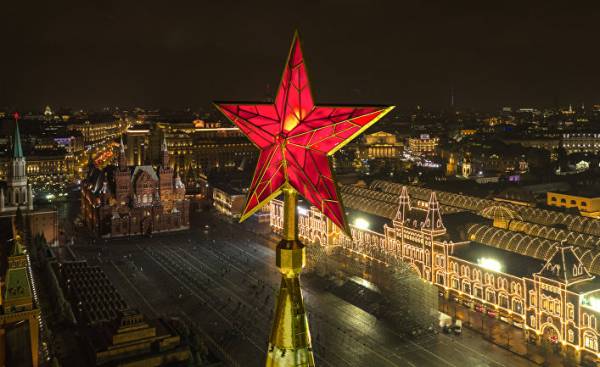
Once, before the collapse of the Soviet Union, in political science there was a branch which was called the West Sovietology, and the first violin in it was played by Kremlinologists.
Political science is, of course, not science, and I can assure everyone because I’m the analyst. The West Sovietology, I studied in the second half of the ‘ 70s at Columbia University. At the moment in the US unfolded a war between those who wanted to do this direction of research by introducing quantitative methods into it and obscure terms, and teachers-traditionalists who preferred the old model, connecting the history, sociology and anthropology.
Unfortunately, the Sovietologists often had little idea of the Soviet Union. Wrote Walter Laqueur (Walter Laqueur), in the early 1990s, it was possible to observe a paradoxical phenomenon: dozens of specialists who 50 years traveled to the Soviet Union, analyzed Newspapers and speeches, visited the Soviet Embassy, interviewed important personalities in the country and prominent scientists (including sociologists, political scientists, psychologists), were wrong.
In just a few months of theory, which they proclaimed to students and readers turned to dust: the idea of the convergence of societies; that the Secretary of the Communist party playing the same role that prefects in France; that the Soviet society is quite progress and deliverance from the terrible elements of capitalism — nationalism, individualism and consumerism. The collapse of the Soviet Union showed that the law was only a handful of Sovietologists who were considered biased anti-Soviet, and which derived their knowledge not from official sources and from interviews with dissidents and delivered by underground camp stories. Alain Besancon (Alain Besançon), Robert conquest (Robert Conquest), Labedz Leopold (Leopold Łabędź), Martin Malia (Martin Malia), Richard pipes (Richard Pipes), Adam Ulam (Adam Ulam), or the aforementioned Laker — those Sovietologists who have nothing to be ashamed of, and whose judgment was confirmed when he came out of the Soviet Union and its archives. Others, however, have created a whole school and taught the students, many of whom write now about Russia and Putin.
On the background of Sovietologists the worst grade was allocated to Kremlinologists, who built their guesses based on what was happening in the higher echelons of power in the Kremlin. Scientist-logician, and in 1970-80-ies critic of the Soviet regime (which later poured out to him love) Alexander Zinoviev mocked by Kremlinologists and described, for example, what a panic seized them, when once they noticed that Brezhnev three times a day traveled from the Kremlin, but returned there five times. Another dissident Andrei Amalric, who remained faithful for life to their views, begged Kremlinologists at least sometimes listen to the representatives of the dissident movement that would have been just as useful as for ichthyologists — a conversation with fish.
The Kremlinologists were in a privileged position: they could write whatever came to mind. Forced his way through speeches, statements and headlines, they created a theory saying that in the Kremlin there is a fraction in more or less speaking out for democracy and disarmament. The Kremlinologists have written language, which has never enjoyed a serious Sovietologists. They knew that “thinks”, “believes”, “feels”, “expects” Brezhnev or Andropov. On this basis, they formulated advice on how to do the West in order “not to offend” or “not to disappoint” the Soviet party leaders. Many of these people were accused that they work on the Soviet Union and spread in his articles, books and lectures of Soviet disinformation.
The situation we are seeing so far. Discussion and investigation of contacts close to the Trump people should not be limited to the question that told them the Russians. It is important that these conversations left an imprint on the relations between the two countries. Let me remind you that before the Yalta conference with Roosevelt’s advisors were two Soviet agents, Alger hiss (Alger Hiss) and Oscar Lange (Oskar Lange).
